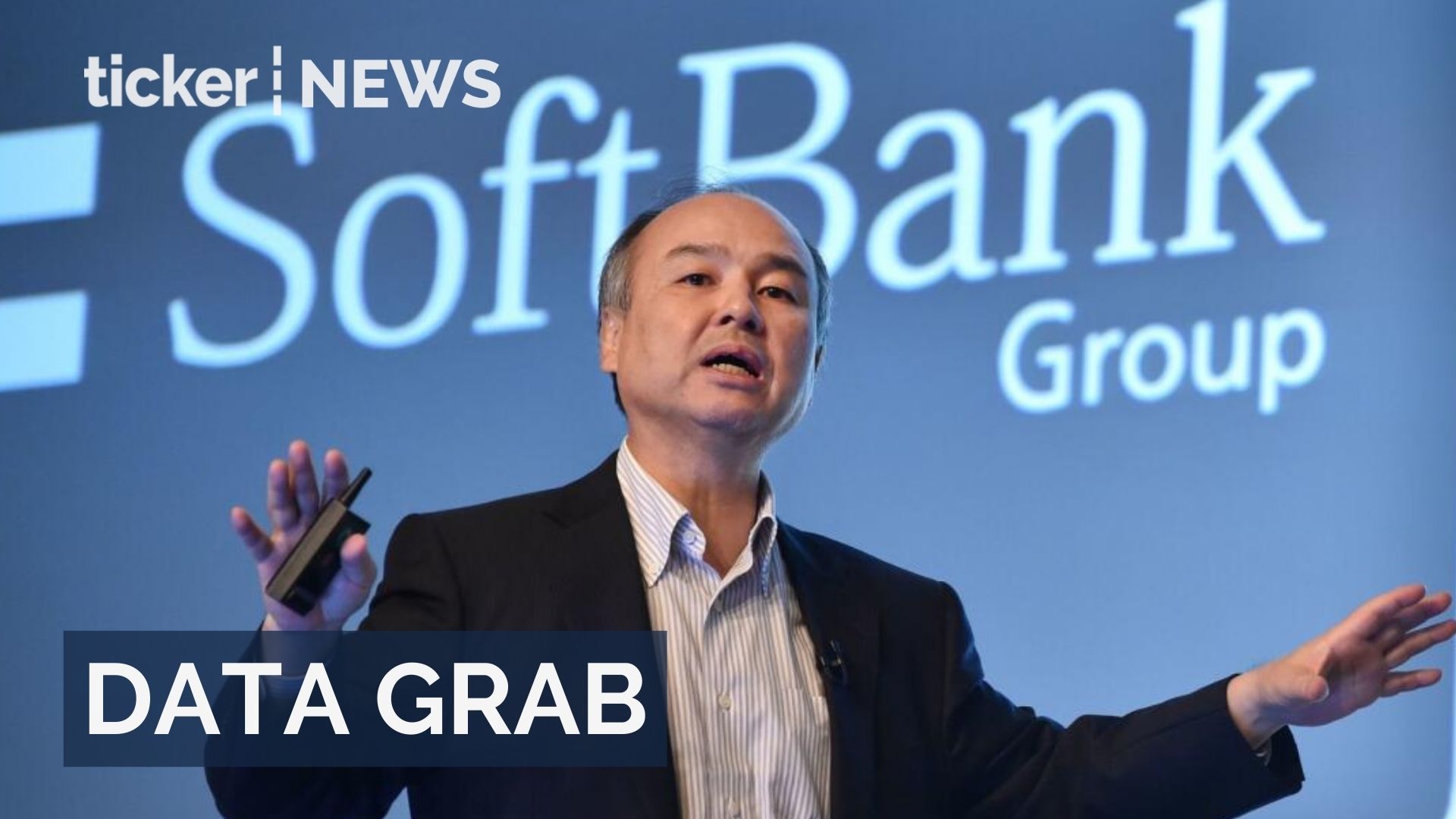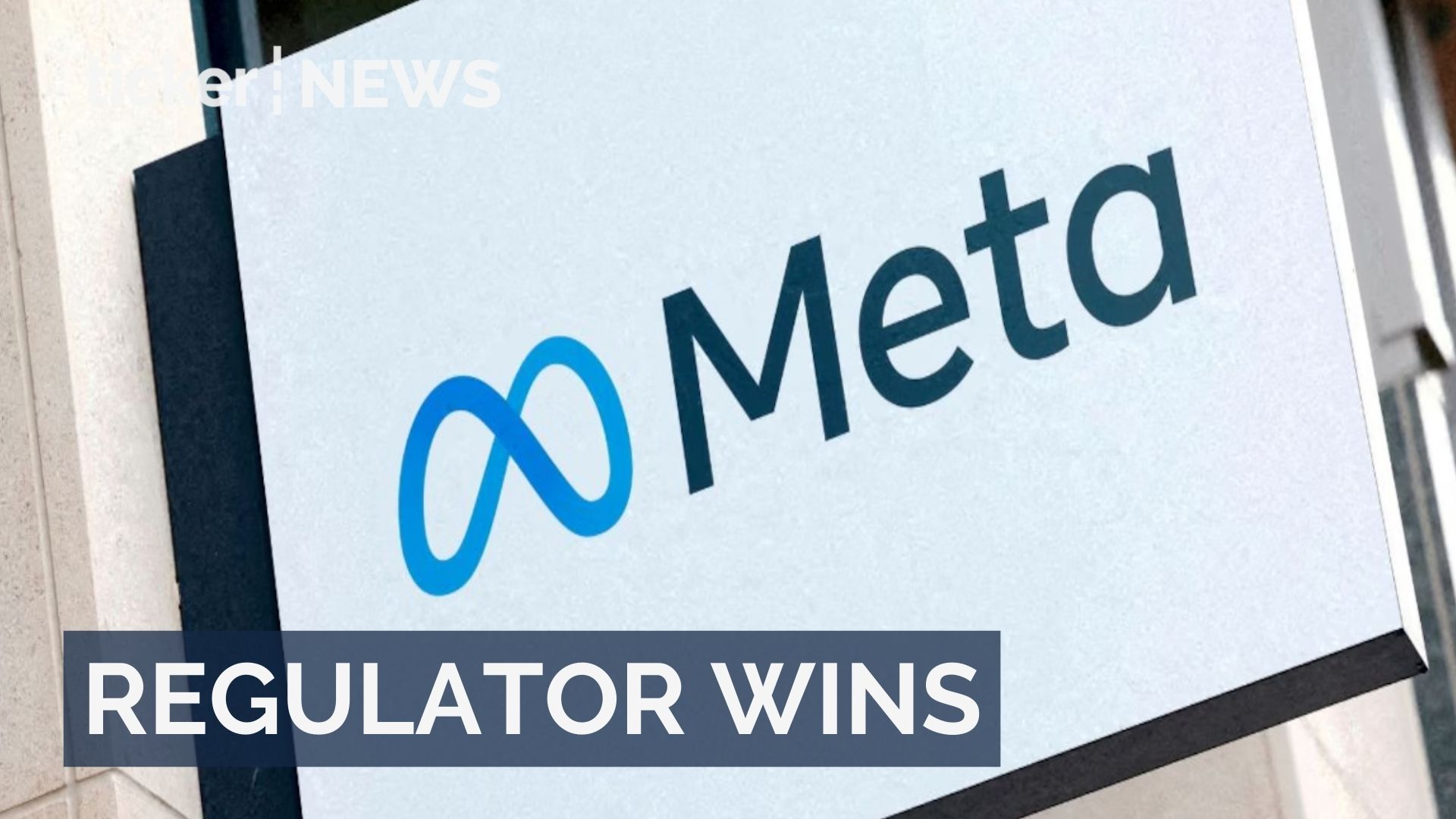Tech
Zuckerberg sets sights on “General AI” at Meta

Tech
SoftBank plans acquisition of DigitalBridge for AI expansion
SoftBank advances towards acquiring DigitalBridge to boost AI infrastructure amid soaring global data center demand
Tech
Italy orders Meta to open WhatsApp to AI competitors
Italy orders Meta to allow rival AI chatbots on WhatsApp amid regulatory battle over market dominance
Tech
China’s maglev breakthrough hits 700 km/h in seconds, reshaping the future of transport
China sets world record with maglev train hitting 700 km/h in just two seconds, revolutionising ultra-high-speed transport
-



 Tech5 days ago
Tech5 days agoItaly orders Meta to open WhatsApp to AI competitors
-



 News4 days ago
News4 days agoNASA’s Pandora satellite set to search for alien life
-



 Money4 days ago
Money4 days agoGlobal stocks rise to record highs in 2025
-



 Tech4 days ago
Tech4 days agoSoftBank plans acquisition of DigitalBridge for AI expansion
-



 News3 days ago
News3 days agoIran’s currency collapse sparks mass protests as inflation spirals
-



 Politics5 days ago
Politics5 days agoNigeria disputes Trump’s genocide claims amid airstrikes
-



 News3 days ago
News3 days agoCIA launches first drone strike in Venezuela
-



 Ticker Views5 days ago
Ticker Views5 days agoDeepfakes leveled up in 2025 – here’s what’s coming next







